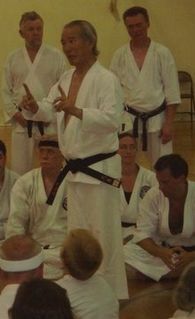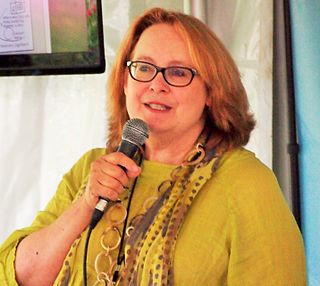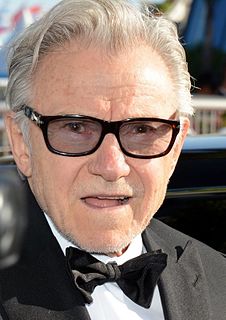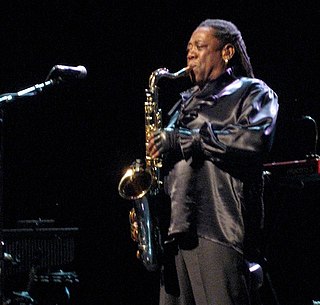A Quote by Virginia Woolf
The way to rock oneself back into writing is this. First gentle exercise in the air. Second the reading of good literature. It is a mistake to think that literature can be produced from the raw. One must get out of life...one must become externalised; very, very concentrated, all at one point, not having to draw upon the scattered parts of one's character, living in the brain.
Related Quotes
As for literature – to introduce children to literature is to install them in a very rich and glorious kingdom, to bring a continual holiday to their doors, to lay before them a feast exquisitely served. But they must learn to know literature by being familiar with it from the very first. A child's intercourse must always be with good books, the best that we can find.
Literature, real literature, must not be gulped down like some potion which may be good for the heart or good for the brain—the brain, that stomach of the soul. Literature must be taken and broken to bits, pulled apart, squashed—then its lovely reek will be smelt in the hollow of the palm, it will be munched and rolled upon the tongue with relish; then, and only then, its rare flavor will be appreciated at its true worth and the broken and crushed parts will again come together in your mind and disclose the beauty of a unity to which you have contributed something of your own blood.
Each one of us starts Karate with some particular reason: to be a good fighter, to keep in good shape, to protect oneself. I wanted to become very strong myself when I first began. But Karate training soon teaches that real strength is facing oneself strictly, with severe eyes. This is the first condition of martial arts training. Therefore, all karateka must be strong inwardly, but quite gentle to others. As we train together, each contributing to a good atmosphere, let's try to bring out that serious strong mentality from deep inside.
I'm not much of a correspondent. My letters are not only uninteresting but sparse. I'm glad I don?t have to write for a living. It?s arduous work and the money is very uncertain. On those rare occasions when I wander into a bookstore it amazes me to see the avalanche of literature and semi-literature that is turned out weekly in this country. The people who write these things are either desperate for money or love starved. Why should anyone on a nice balmy day lock oneself in an office and hit a typewriter for hours on end. I think one of the greatest pleasures in the world is not writing.
I felt I had a very innocent childhood and I feel privileged by that. But as an adult, I know that there were people who didn't have that. There are a lot of teens who haven't had as easy a childhood as me, and having literature that explores these "darker" parts helps relieve the burden and stress they may be feeling. As a writer, there is often a temptation to draw back when we write for teens - to preserve their innocence. But the reality is, if someone has already had that innocence taken in their life, then not writing about it is just brushing it under the rug.
As a children's author, you get to advocate for reading and writing in general, in a way an adult author might not be able to. It's a really interesting dance we do to get literature into the hands of young people and to help them to become literate and become readers; we want them to grow up reading and continue to do so when they're adults.
We're at an interesting phase of Asian and Asian-American writing, where we might succeed in having readers look at us as creative individuals who write with fury and fire about the world, and in new ways, without having them say things like "I read a really good Indian book," or "That Malaysian fellow writes very well." So I hope by identifying as Indian I can get people who don't usually read "ethnic" or "Indian" literature to read that literature and enjoy it.



































